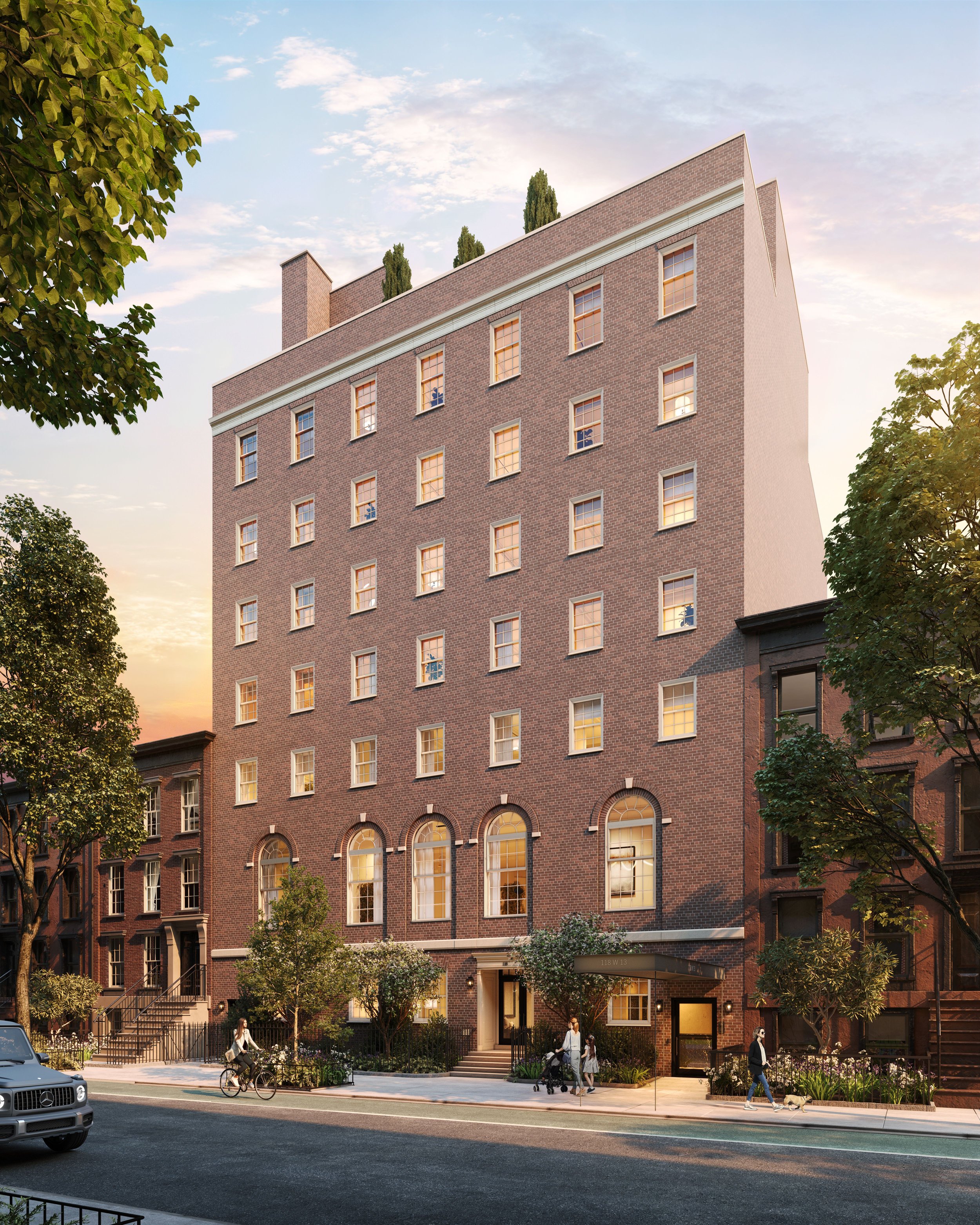Real estate operates on one of the most basic of all economic principles, supply and demand
Ian Slater
Typically when looking at New York City, throughout recent history, demand has remained relatively unchanged (save for blips of more international demand, demand for different types of product, or shifts in taste) whereas SUPPLY has been the most major issue. Countless articles have been written about the “oversupply” of luxury residences in Manhattan and Brooklyn, with speculators saying that we will have a dropoff in pricing because so many developers will be holding so much luxury product as we charge into the 2020’s.
What we are seeing now is a very interesting shock to the system, where demand has essentially halted for a very short period of time. We don’t know precisely when or how it will pick back up.
There are stories out of China and the Far East that buyers are “revenge shopping” and demand for apartments and homes is now exceeding pre-crisis levels for a short time, and supply can’t keep up. And there are arguments made in NY, by myself included, that supply will likely face a shock within the next couple of years because of a lack of more development (banks likely won’t finance it, developers will not be able to finish projects, etc.). But now there is also the glaring issue that demand for apartments and homes, particularly in cities, may be adversely affected for the short term.
Regarding pricing, we know that New York is resilient and will stabilize and grow over the long term. Plain and simple. What we care about is the short term and how this will affect pricing over the upcoming quarters. I want to share some data and stories from my own work right now.
SUPPLY:
Number of apartments on the market in Manhattan alone right now is down about 31% from typical levels this time of the year. That is crazy. Sellers have removed their product from the market and brokers are holding back their typical spring listings.
Developers might not introduce product for a while, or not be able to build it, causing a larger supply crunch.
DEMAND:
Demand at this exact moment is down very low, because of the basic difficulties to transacting. Even WHEN somebody is ready to transact, many buildings are not allowing showings, and the city has still deemed real estate showings non-essential. San Francisco just extended their lockdown until June 1; I would be surprised if NYC didn’t follow suit.
Online traffic on the WHOLE is down just over 10%. For my own listings though, it has been stable. Inquiries for virtual tours has climbed, and international interest in NYC has grown (because of people sniffing deals).
People who were not buyers before have become them. I am 28. Most of my immediate peers are not buyers or hadn’t thought about it. But they are not planning to leave New York, most of them have not lost their jobs, and with interest rates low and a perception of prices dropping, more attention has turned to buying.
So what will this likely cause? It has the potential to be a whole big nothing. According to studies run by Zillow, national prices are expected to drop 3% due to coronavirus. To put this in perspective, from 2008-2012, prices dropped 30%. In New York, they dropped only 11%-- so take ⅓ of the drop in ‘08, and can we expect only a 1% drop? But, I do expect because of sheer fear and shakiness, prices for buyers will drop more than this in the extremely short term (Q2).
The other thing to think about in the short term is opportunity on the SELL side to be noticed. A WSJ article today points that many high-end sellers are choosing to put their homes on the market because there are simply less of them. Think about how much easier it is to get noticed when over 30% of the competition is gone. Will you field low offers? Yes. Will you face some hurdles in showings? Yes. But do you have a better opportunity to “stand out” if your property is special? Probably!
Nobody has to have completed Econ 101 to understand simple supply and demand. But digging into it and understanding the short term and long term effects takes a bit more thinking.
Ian Slater is the Founder of the Slater Team at Compass and can be reached at slater@compass.com or 646.645.8192
Have a listing you think should be featured contact us or email at Jeremy@offthemrkt.com to tell us more! Follow Off The MRKT on Twitter and Instagram, and like us on Facebook.
















